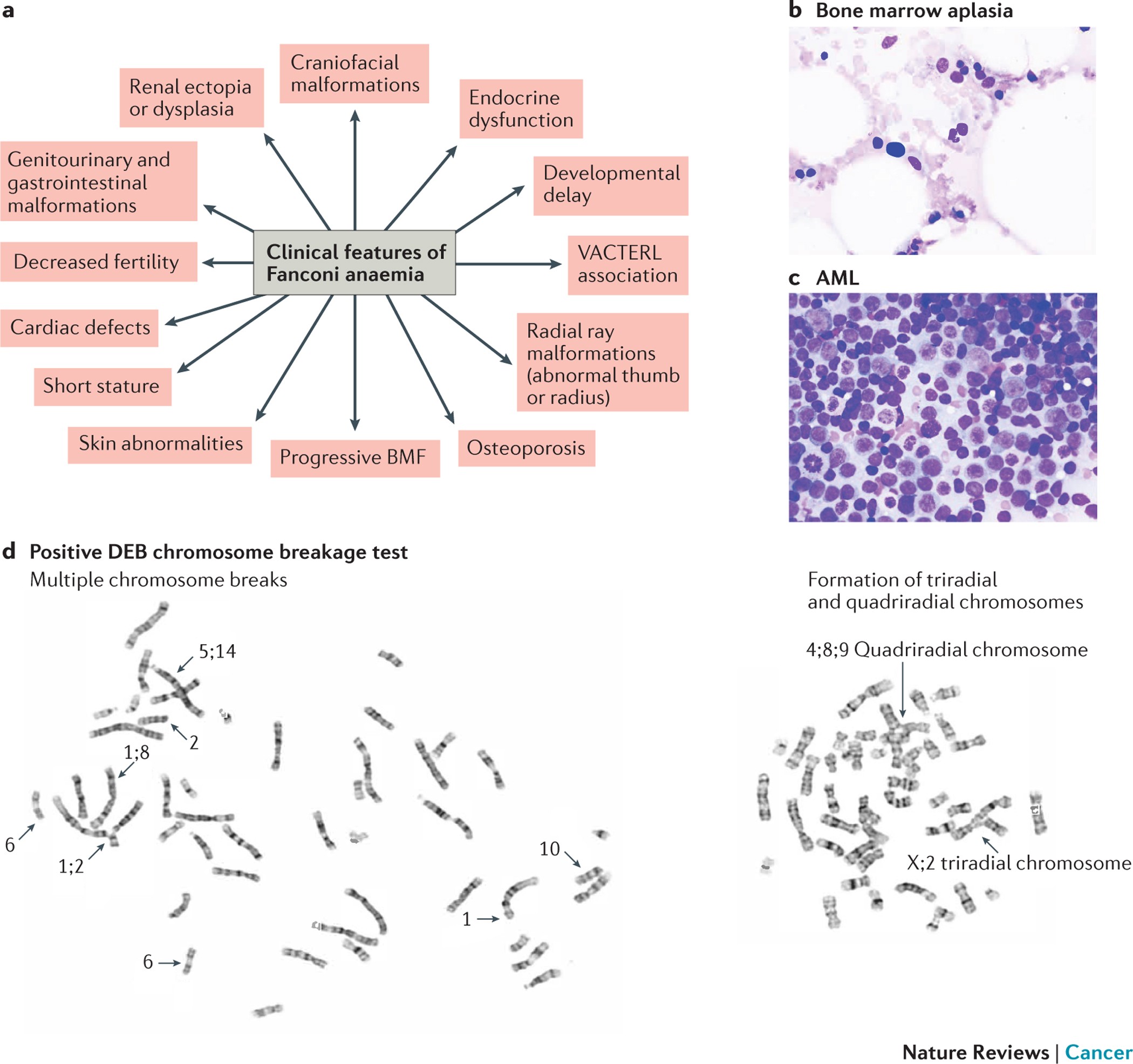Fanconi Syndrome

Fanconi Syndrome: Overview, Causes, Symptoms, Diagnosis, and Treatment
What is Fanconi Syndrome?
Fanconi syndrome is a disorder of the kidneys, specifically affecting the proximal renal tubules. In this condition, the kidneys are unable to properly reabsorb essential substances (such as glucose, amino acids, phosphate, bicarbonate, and others) back into the bloodstream. As a result, these substances are lost in the urine, leading to a range of metabolic disturbances156.
Causes
Fanconi syndrome can be inherited (primary) or acquired (secondary):
- Inherited causes (more common in children)25:
- Cystinosis (most common in children)
- Wilson’s disease
- Lowe syndrome
- Tyrosinemia (type I)
- Galactosemia
- Glycogen storage diseases
- Hereditary fructose intolerance
- Dent’s disease
- Mitochondrial disorders
- Acquired causes (more common in adults)25:
- Certain medications (e.g., outdated tetracyclines, ifosfamide, streptozocin, antiretrovirals like tenofovir and didanosine)
- Heavy metal poisoning (lead, cadmium)
- Multiple myeloma and other plasma cell disorders
- Renal transplantation
- Vitamin D deficiency
- Autoimmune diseases
Symptoms
Symptoms vary by age and severity, but may include145:
- Children:
- Failure to thrive, short stature, growth retardation
- Polyuria (excessive urination), polydipsia (excessive thirst)
- Dehydration episodes
- Bone pain, bone deformities (rickets), muscle weakness
- Low muscle tone, impaired growth
- Adults:
- Osteomalacia (softening of bones), bone pain, fractures
- Muscle weakness
- Polyuria, polydipsia
Laboratory findings typically show:
- Glucosuria (glucose in urine despite normal blood glucoseGlucose (Glc))
- Aminoaciduria (amino acids in urine)
- Phosphaturia (phosphate loss)
- Bicarbonate wasting (proximal renal tubular acidosis)
- Hypokalemia (low potassium)
- Hypophosphatemia (low phosphate)
Diagnosis
Diagnosis is based on:
- Urine tests: Show excessive loss of glucose, phosphate, amino acids, bicarbonate, and other substances45.
- Blood tests: Reveal low levels of phosphate, bicarbonate, potassium, and sometimes calcium5.
- Additional tests may be done to identify the underlying cause (e.g., genetic testing, screening for toxins or medications).
Treatment
- Address underlying cause: Remove offending drugs or treat underlying disease if possible35.
- Replace lost substances:
- Monitor and manage complications: Such as bone disease or renal failure.
- Kidney transplantation: May be considered in severe, progressive cases, especially with genetic forms5.
Prognosis
- The outlook depends on the underlying cause and how early treatment is started. Inherited forms are often more challenging to manage and may be associated with growth and developmental problems in children, as well as progressive kidney disease35.
- Early diagnosis and management improve quality of life and may prevent severe complications35.
Summary Table
| Aspect | Details |
|---|---|
| Main defect | Impaired proximal tubular reabsorption in the kidney |
| Key findings | Loss of glucose, phosphate, amino acids, bicarbonate in urine; metabolic acidosis |
| Causes | Inherited (e.g., cystinosis, Wilson’s disease, Lowe syndrome); acquired (drugs, toxins) |
| Symptoms | Polyuria, polydipsia, bone pain, muscle weakness, growth failure (children), osteomalacia (adults) |
| Treatment | Address cause, replace lost electrolytes, correct acidosis, phosphate/vitamin D, supportive care |
| Prognosis | Variable; better with early diagnosis and management |
Consult with Our Team of Experts Now!
At DrStemCellsThailand (DRSCT)‘s Anti-Aging and Regenerative Medicine Center of Thailand, we emphasize comprehensive evaluations and personalized treatment plans of Cellular Therapy and Stem Cells for managing various health conditions. If you have questions about Fanconi syndrome or would like more information on our services, consult with our experts today!
Consult with Our Team of Experts Now!
References:
1 Cleveland Clinic
2 Wikipedia
3 PMC5749037
4 Medscape
5 MSD Manuals
6 Healthline















